Have you ever noticed that at family gatherings the stories that are shared quite often relate to a moment in a family’s history. We exchange memories of precious times and loved ones, delighting in snippets from the past, a form of reminiscence that can bring great joy and humour, but also reflective sadness. Recently I read an article about millennium youngsters, empty nesters and baby boomers. A term similar to legacy makers was also used. The phrase struck a chord with me. It made me think about the custodians of a family’s history and the legacy they offer to those who are willing to listen. These are the learned who have lived decades and whose experience and knowledge is invaluable. In short, they are the keepers of a country’s history, remembering a time before plastic, apps and super cruise ships, when making time to sit down and talk over dinner was normal, not an aberration in busy lives. There is something about the perpetual rush that humanity seems to be in, that brings me squarely back to the concept of legacy and its importance. I’m not talking about wills or estates, but rather those people who hold a family’s history in their minds.

In historical terms, a legacy is something that is passed down from one period of time to another. Often it refers to something handed on from an ancestor or predecessor. However there can be political legacy’s and legacy’s that are also left by a country or a civilization, as well as a legacy that can be much closer to home. It can be the affect that a person had on others while he or she was alive, regardless of whether a young child or an adult of advancing years. Their legacy is the things that they did, the people they knew, the mistakes made, places where they lived and the times that they lived in – during war and peace, fire and drought, sickness and plenty. All of it a time capsule of information waiting to be discovered and explored. These holders of history could be the matriarch or patriarch of your family, a next-door neighbour or an interested person who simply did the most basic of things, listened to the stories they heard and then passed them on. Better still, perhaps they are devoting time to writing these tales down so that in the future the chronicles of another era and place can be shared, not just among family but with those who understand that to go forward into the future requires an understanding of the past.

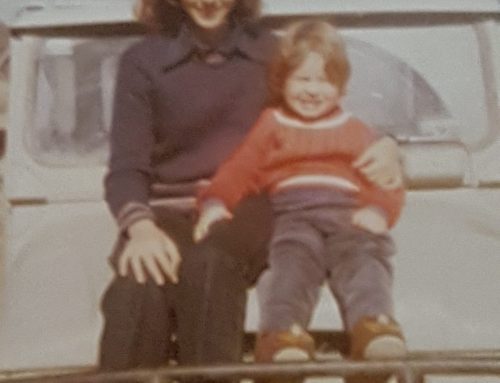
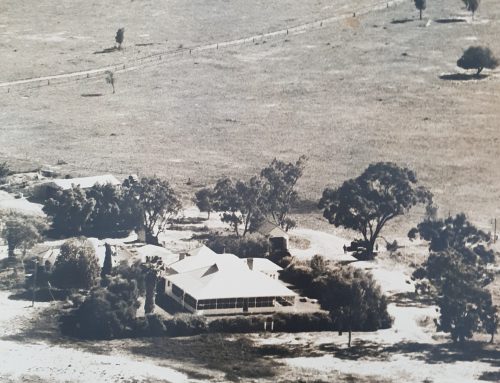
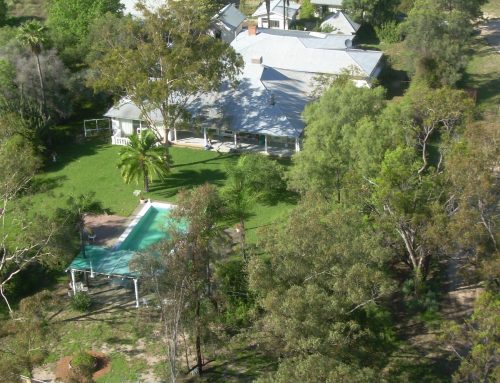
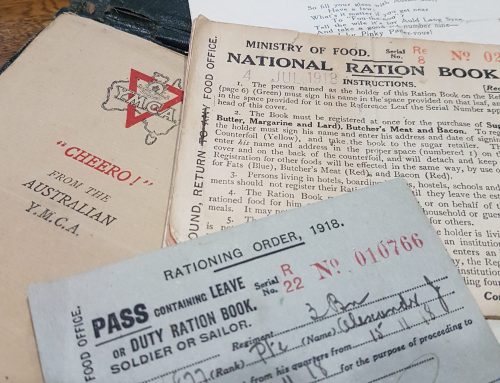
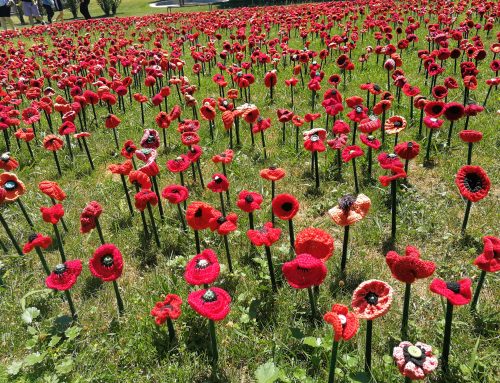
Leave A Comment